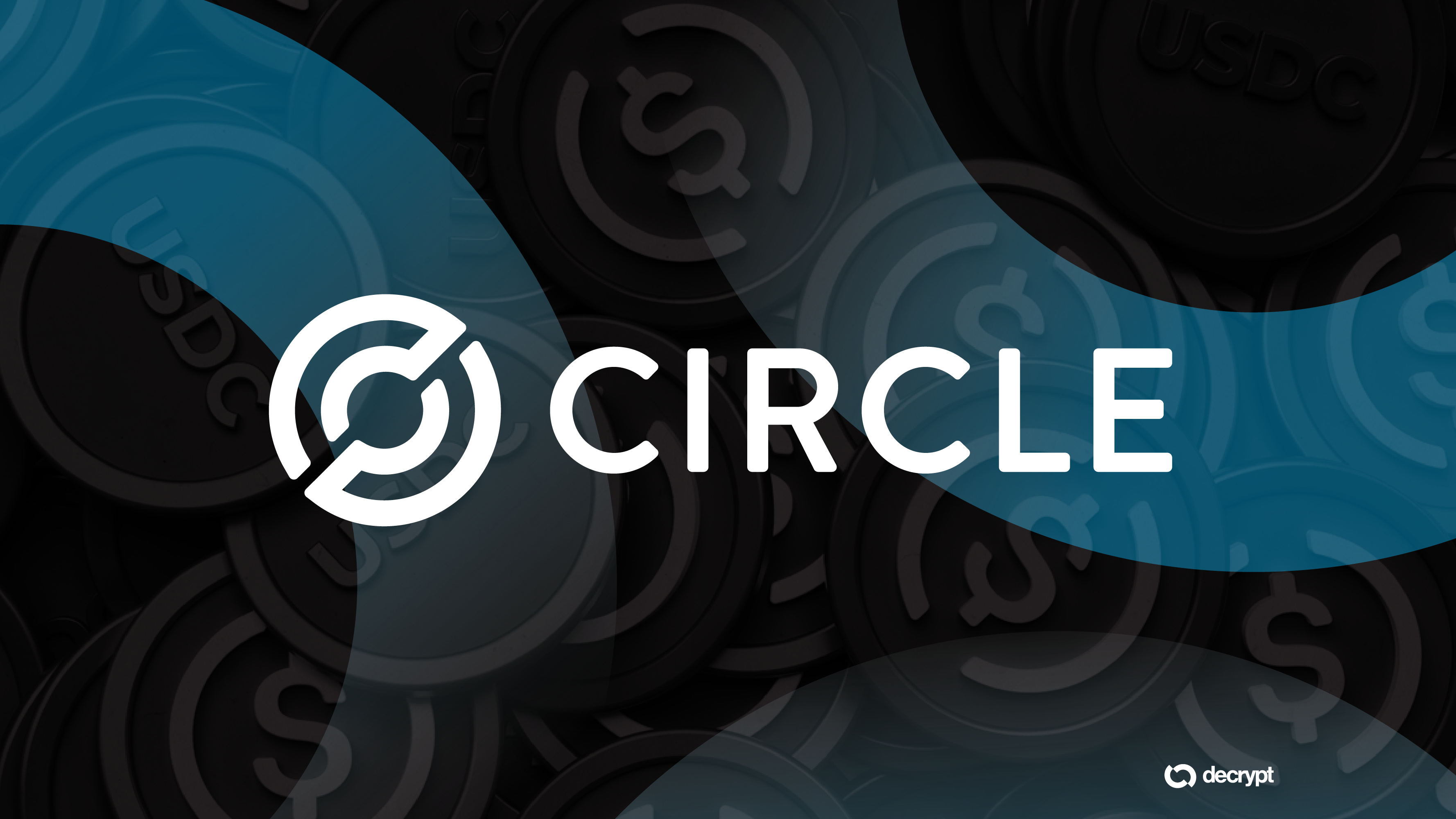Thailand Doubles Down on Crypto: Credit Cards and Regulatory Overhaul on the Horizon

Bangkok isn’t just betting on pad Thai anymore—regulators are cooking up a spicy new blend of crypto-linked credit cards and merged legislation. Because what’s better than volatile assets? Putting them on plastic.
Subheader: The Plastic Revolution
Thai banks and fintech players are reportedly scrambling to roll out cards tied directly to crypto wallets. Spend your Bitcoin on a beachside coconut? Soon, it’ll be as easy as swiping—right before the next market correction.
Subheader: One Law to Rule Them All
Insiders whisper about a unified regulatory framework merging outdated finance laws with crypto rules. Because nothing screams ’progress’ like bureaucrats playing catch-up with a market that moves at blockchain speed.
Closing jab: If this works, Thailand might just become the next crypto darling. If not? Well, there’s always tourism—and those 0% forex fees won’t market themselves.
Thailand eyes crypto tourism
The move shouldn’t come as a big surprise—Thailand has been trialing these types of crypto payments in specific regions for quite some time.
In January, the government trialed a crypto payments program on the island of Phuket, a major regional crypto hub with high tourist numbers. Meanwhile, small communities such as the Huay Phueng district of Kalasin province have adopted Bitcoin payments en masse, with more than 80 local businesses in the area accepting the cryptocurrency.
Initiatives like these come as the country, which relies heavily on tourism, has been combating recent declines in visitor numbers, amid a smaller number of Chinese tourists and a comparatively stronger local currency.
Meanwhile, other Asian nations are exploring how crypto-friendly infrastructure can boost tourism. The small Himalayan country of Bhutan recently added crypto payments across its entire tourist ecosystem, enabling payments for everything from flights to street food, courtesy of a partnership with Binance Pay.
Edited by Stacy Elliott.

